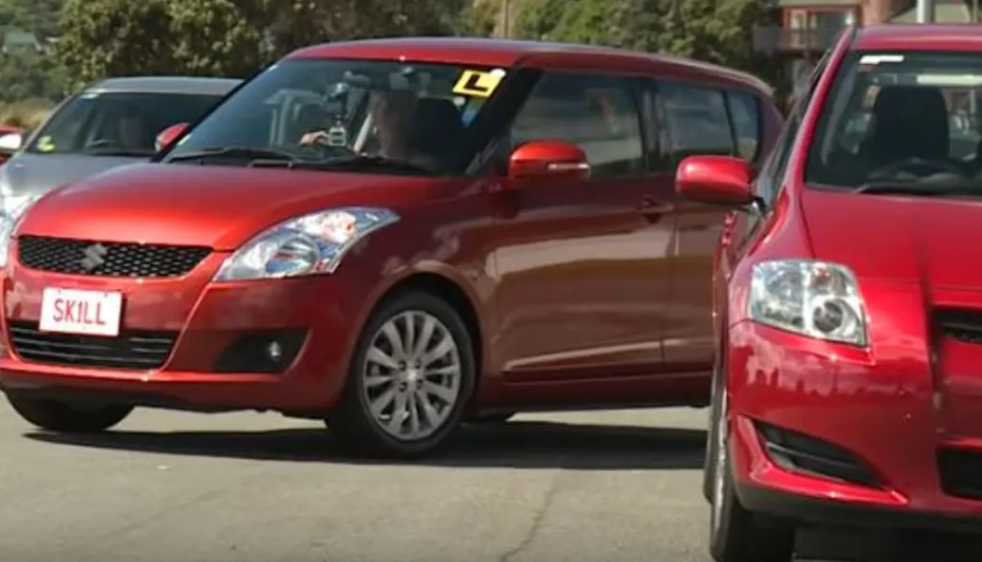
New research has revealed New Zealand has far more relaxed licence requirements than other countries, and tightening them could save lives.
The report, funded by the AA Research Foundation and carried out by Adelaide University's Centre for Automotive Safety Research, detailed a number of improvements that would reduce the risk of crashes, such as doubling the learner licence period from six months to a year, and requiring supervised driving hours.
Nearly a third of all road deaths in New Zealand are people aged between 18 and 24 years old, and New Zealanders in that age group are nearly three times more likely to die on the roads than young Australians, which was "horrific", AA road safety spokesperson Dylan Thomsen says.
"I don't think there's any reason at all that our young people should have such a higher rate of road deaths than Australia.
"If we can just make some changes that lower our crash rate to Australia's, that would be dozens of families every year in New Zealand that don't have to say farewell to a loved one in their twenties.
"We want the government to include these in it's next road safety plan as something we need to look at and then actually spend some time saying 'How can we try and make these changes work in New Zealand?'".
Thomsen told RNZ's Morning Report programme that young people were more likely to engage in risk taking without considering consequences.
"The key thing is building up that experience and time behind the wheel and driving in a different range of conditions with a supervised driver.
"There's never one single thing that is the answer in road safety. The quality of our roads is important, vehicles people are driving are important, but driver behaviour and the choices people make and their attitudes to driving and experience also really matter.
"In New Zealand we've got our own context here and we have people that don't really have any other transport options apart from driving. They need to be able to get to work, so this isn't just a straightforward issue, it has some complexity to it."
The government's road safety plan was due out in the next few months, and Thomsen wanted driver licence changes to be part of that.
The way young people are being prepared to drive solo desperately needed to be improved, he said.
"We would love to see a really serious look taken, over the next few years in New Zealand, at how we do driver licensing."
The study's lead author, Dr Lisa Wundersitz, was surprised to learn novice drivers in New Zealand were so young and had so little experience.
Extending the learner licence period and introducing compulsory supervised driving hours would be particularly effective in keeping them safe, she believed.
"There's good evidence behind that, showing crash reductions in a number of jurisdictions internationally. They're definitely two stand outs New Zealand should consider."
Recommended changes include:
• Extending the learner licence period from six to 12 months
• Compulsory supervised driving hours for learners - most Australian and US states require 50 to 120 hours
• A hazard perception test as a prerequisite for moving from a learner to restricted licence
• Introducing a zero blood alcohol limit for learner and restricted drivers, which currently only applies to drivers under 20 years old
• Tougher penalties for traffic offences - currently, all drivers accumulate the same number of demerit points before losing their licence, but in Australia less experienced drivers have a lower threshold and offences stay on their record for longer













